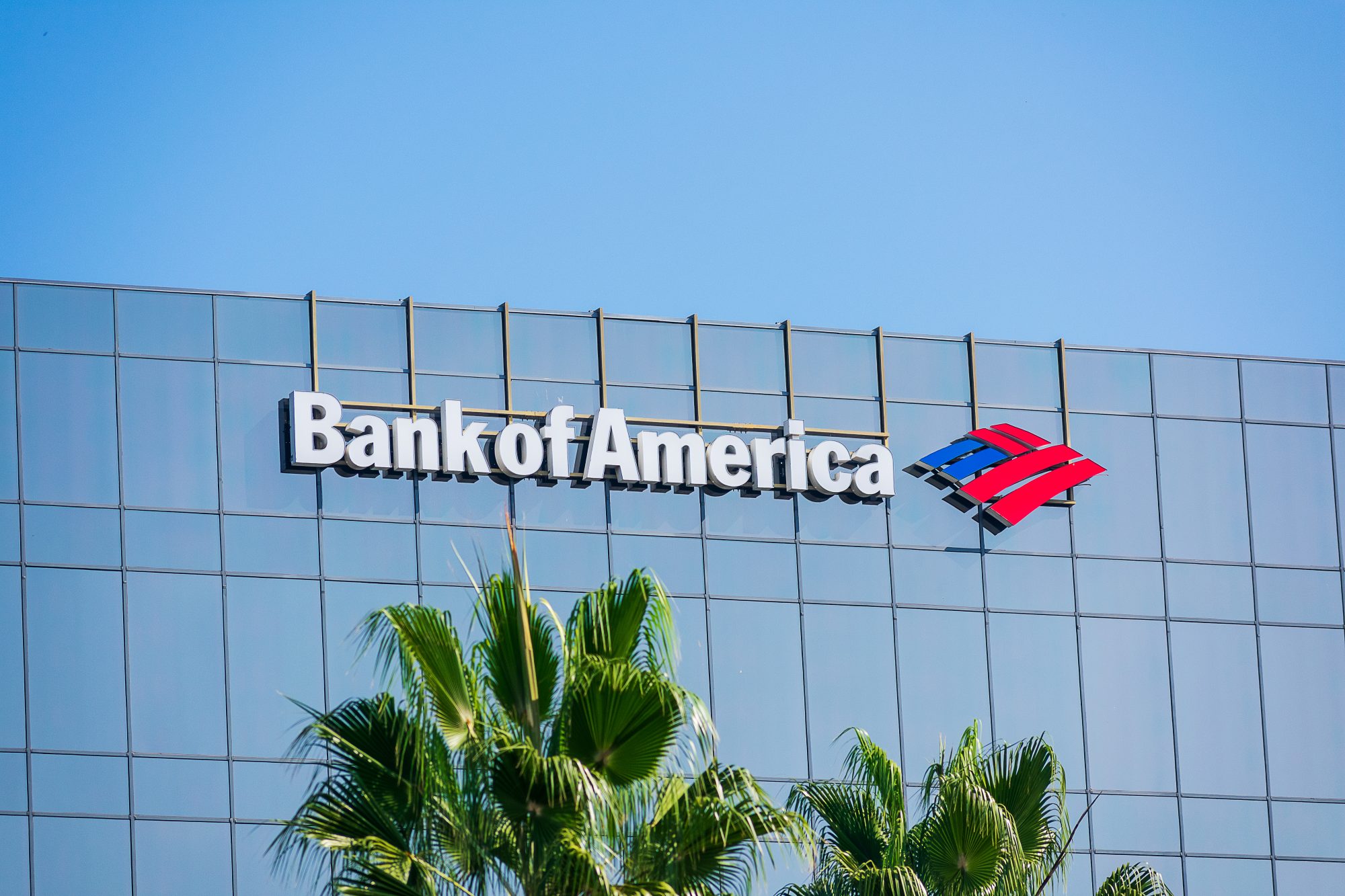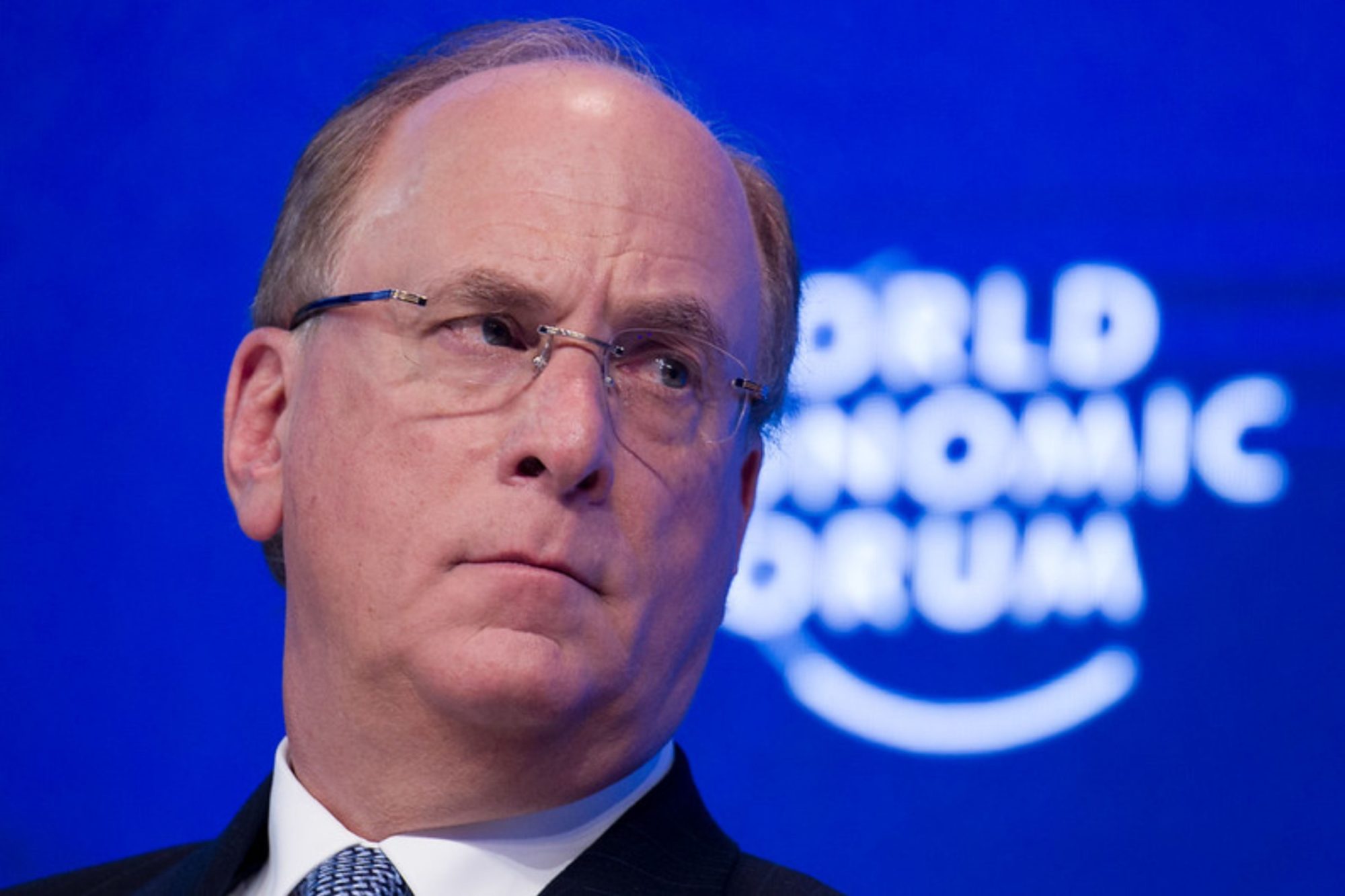Scientists have discovered a massive decline in coral babies in Australia‘s Great Barrier Reef. A new study suggests coral bleaching and warmer waters caused by climate change have contributed to an 89% decline in the population of coral babies.
A catastrophic event which damaged two-thirds of the Great Barrier Reef’s corals took place in 2016 and 2017. Now the consequences are clear because “dead corals don’t make babies,” according to the news release about the study, which was published in the journal Nature. The Great Barrier Reef is the largest reef system in the world and one of the largest marine ecosystems for some of the most diverse species.
According to researchers, the culprit in the Great Barrier Reef catastrophe is human-induced climate change, which resulted in higher water temperatures and more acidic water. The new study measured how many adult corals survived the mass bleaching events from three and two years ago and compared that number to the number of new corals that have been produced since then.
“Across the length of the Great Barrier Reef, there was an average 90% decline from historical [1990s] levels of recruitment,” co-author Andrew Baird told the BBC.
While the massive decline in coral babies was believed to be high, Baird told the BBC that this amount was “pretty extraordinary,” adding that this is the first coral re-growth problem on a mass scale for the Great Barrier Reef. The bleaching event which took place in 2016 and 2017 damaged a 900-mile stretch of the reef.
“Now, the scale of mortality is such that there’s nothing left to replenish the reef,” Baird said.
Researchers also found that several baby coral species changed, including a 93% drop in the Acropora population, the species which mainly dominated the healthy sections of the reef and provided a habitat for thousands of other species. This decline means many animals will no longer have a home in the reef, which jeopardizes the entire ecosystem. The recovery process after the massive decline in coral babies will last for the next five to 10 years — but only if no future bleaching events occur.
“We’ve gotten to the point now where local solutions for the reef are almost pointless — the only thing that matters is action on climate change,” Baird said.
The Great Barrier Reef, which stretches from the northern side of Queensland to the state’s main city in southern Bundaberg, earned World Heritage status in 1981. The United Nations considered it to be the “most biodiverse” of all World Heritage Sites.
According to the news release, the reef has experienced four mass bleaching events over the last 20 years. According to scenarios predicting the continuation of greenhouse gas emissions, “it will bleach twice a decade from 2035 and annually after 2044.”












